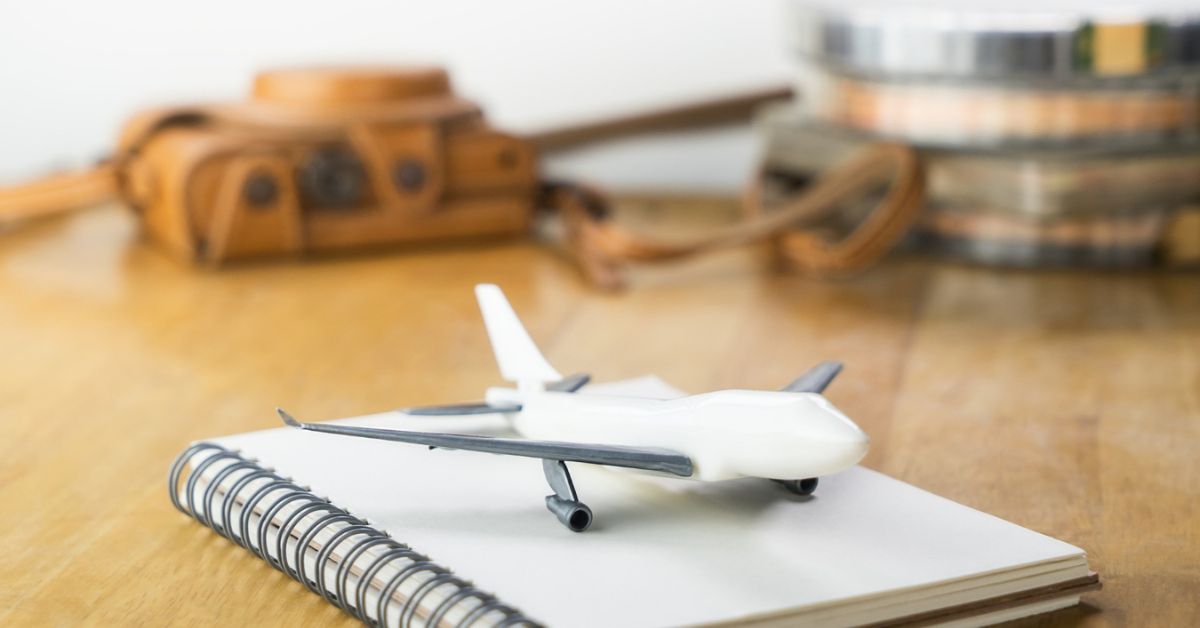When a pilot enters the HIMS process, the real challenge is not just meeting health expectations, it is proving to the FAA that the risk profile has changed in a measurable and stable way. Re-issuance is the stage where the FAA reviews all evidence submitted through a HIMS Aviation Medical Examiner Florida based specialist and decides whether flying privileges can be restored under regulated conditions.
The HIMS AME is not simply performing a physical examination. Their job is to assemble a complete, defensible, and compliant case file that allows the FAA to approve re-issuance without uncertainty. Understanding how they operate with the FAA means the way forward will be much easier for pilots grounded who are seeking reinstatement.
What the FAA Wants to See During Re-Issuance
The FAA is not judging the original incident as much as they are evaluating the likelihood of recurrence. Their review revolves around three questions:
- Has the pilot demonstrated sustained stability and compliance?
- Is monitoring sufficient and working as intended?
- Is there credible medical and behavioral evidence that risk to flight safety has been reduced?
The task of a HIMS AME is to collect, verify, and explain these answers in a way that satisfies regulatory scrutiny.
How HIMS AMEs Prepare a Re-Issuance Submission
A HIMS FAA Medical Examiner Florida based provider follows a structured approach before any paperwork reaches the FAA. The process typically includes:
- Reviewing all evidence, therapy progress, sobriety documentation, peer support records, lab tests, and psychiatric evaluations
- Ensuring compliance with FAA format, the FAA rejects unclear or incomplete files without review
- Identifying weak points early, correcting missing dates, vague language, or inconsistent entries before submission
- Writing a structured medical report, the narrative must show that the pilot is stable, monitored, and safe to return
By eliminating errors before submission, the AME reduces the chance of delays and repeat requests.
How HIMS AMEs Interact With the FAA After Submission
Once the re-issuance package is submitted, the interaction between the examiner and the FAA continues:
1) Clarifications and follow-up questions
FAA medical officers may contact the AME to clarify data or request an explanation. Direct AME-to-FAA communication protects pilots from providing unintended or incomplete responses.
2) Additional documentation requests
If the FAA needs more data, such as extended abstinence proof, additional psychiatric reports, or updated labs, the AME coordinates the new material so the second submission meets expectations.
3) Ongoing monitoring direction
If the FAA appears ready to issue a conditional approval, the AME ensures that the pilot understands the monitoring and reporting expectations post-re-issuance so conditions are not violated later.
What Causes Delays, and How AMEs Prevent Them
Most delays come from errors that could have been avoided before submission. Common triggers include:
- Missing or inconsistent sobriety logs
- Therapy letters that lack conclusion statements
- Gaps in testing without explanation
- Vague or generic psychiatric language not written with FAA standards in mind
- Pilots communicating directly with the FAA without AME guidance
A skilled AME screens the file for these issues in advance so the FAA does not return the case for corrections.
When Special Issuance Is Part of Re-Issuance
Many pilots in HIMS also fall under the category of FAA Medical Special Issuance Florida due to the nature of the original disqualifying condition. In such cases, the HIMS AME prepares the case in a way that satisfies both the re-issuance review and the conditions of a special issuance. This dual understanding speeds decisions and reduces back-and-forth.
What Pilots Should Do on Their Side to Help the Process
A HIMS AME can only build a strong case if the pilot maintains consistency. Pilots make re-issuance smoother when they:
- Follow monitoring schedules without gaps
- Keep written records organized and dated
- Attend therapy or evaluation sessions without interruption
- Avoid self-advocacy letters to the FAA
- Alert the AME early if any relapse risk or testing issue occurs
- Ask before acting rather than correct after the fact
Consistency establishes credibility, and it is credibility that the FAA approves.
What Happens After the FAA Makes a Decision
If the FAA approves recommending re-issuance, the approval may be:
- Unrestricted, allowing full return, or
- Conditional, meaning continued monitoring, periodic reports, and follow-up exams
If the application is not approved, the AME provides a corrective roadmap so the next submission resolves the FAA’s concerns instead of restarting the process blindly.
Why Understanding the AME-FAA Relationship Matters
For a pilot in HIMS, the outcome depends as much on documentation quality as on personal progress. The examiner is not just a physician; he or she is also the broker of clinical reality and regulatory acceptance. A good preparation will shorten the timeline, avoid resubmission, and give the FAA the confidence to grant clearance without delay.
General Takeaway for Pilots
Re-issuance is not about convincing the FAA verbally, it is about presenting structured proof that risk has been addressed and that stability is measurable. Working closely with a qualified AME, staying compliant, and avoiding documentation errors are what move pilots back to flying status with the least resistance.
If you are in the HIMS pathway, treat every step as part of the approval record, not just a checkpoint. The more complete and consistent the evidence, the smoother the FAA’s decision will be.
Choose Aviation Medicine, led by Dr. Weinberg because HIMS is not trial-and-error, it is a documentation strategy. His submissions are built to meet FAA reviewer logic, not just medical standards, reducing avoidable rejections.
Ready to return to flying? Book your HIMS evaluation or consultation at aweinberg@medavex.org or give us a call at (727) 648-2402.

